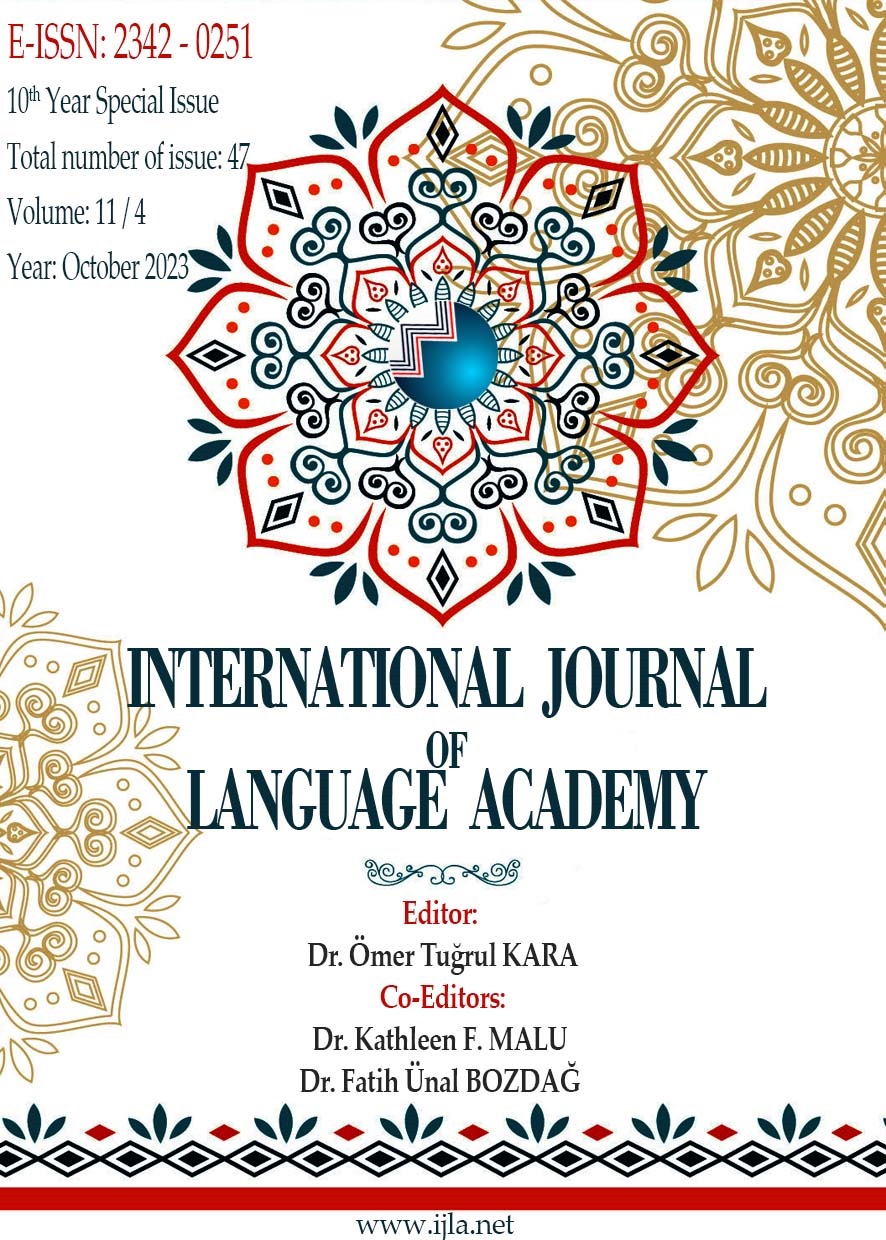SOCIOECONOMIC STATUS AND READING ACHIEVEMENT: THE MEDIATING ROLE OF READING SELF-CONCEPT AND THE MODERATION ROLE OF GENDER
Author :
Abstract
Keywords
Abstract
Reading is one of the most significant academic skills with long-term implications for students' future endeavours. Many various variables have an impact on reading achievement. Socioeconomic status (SES) is one background variable that has been extensively investigated for its influence on reading accomplishments. However, there are a limited number of studies that focus on the specific ways through which SES affects reading achievement. Given this gap in the literature, the current study aims to investigate the mediating role of reading self-concept and the moderating role of gender in the relationship between SES and reading achievement, using PISA 2018 data from Turkey. The sample consisted of 6,690 students (F= 3341, M= 3349) who took part in the PISA 2018 assessment in Turkey. The data were analysed using basic mediation analysis and conditional process analysis in order to test the hypothesis model developed in this study. The results demonstrated that reading self-concept mediates the relationship between SES and reading achievement, and gender moderates the relationship between reading self-concept and reading achievement. Furthermore, the mediating effect of reading self-concept between SES and reading achievement is moderated by gender. These findings indicate that the impact of SES on reading achievement can vary between genders. Based on these findings, some suggestions are presented for researchers and policymakers.





